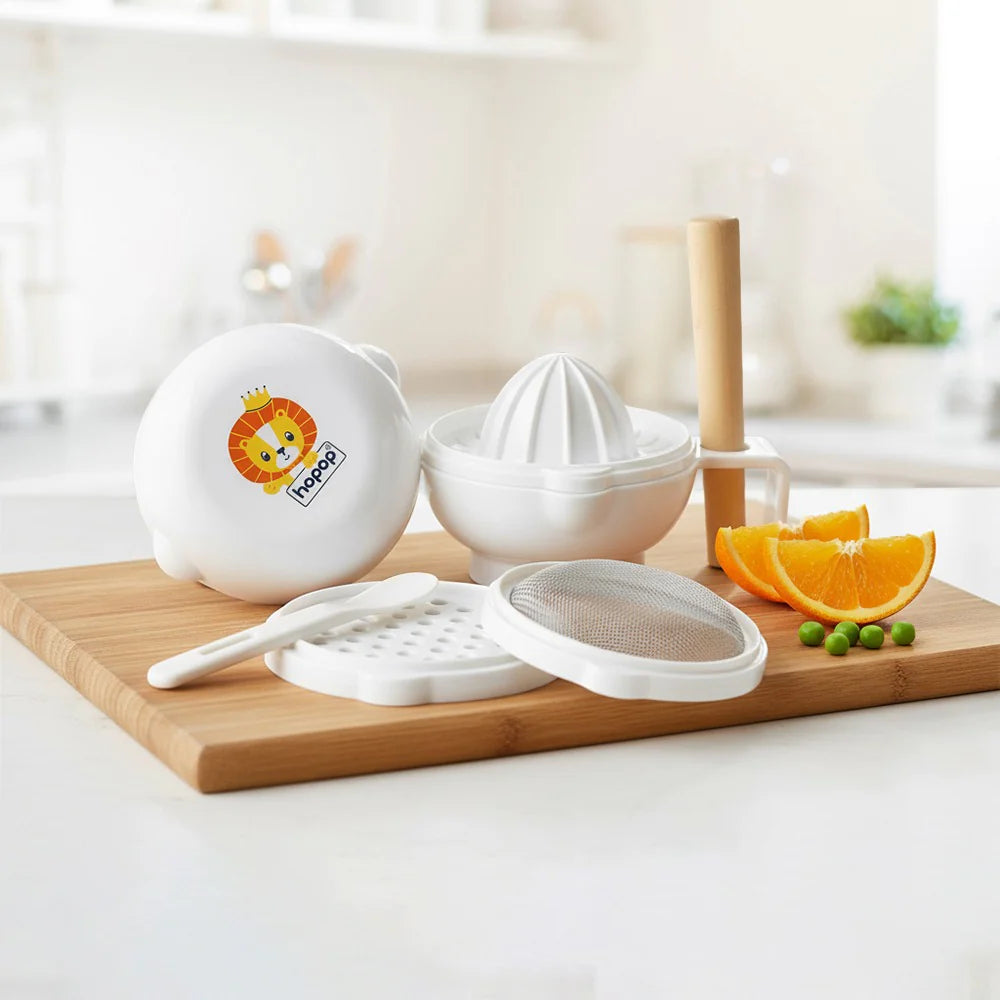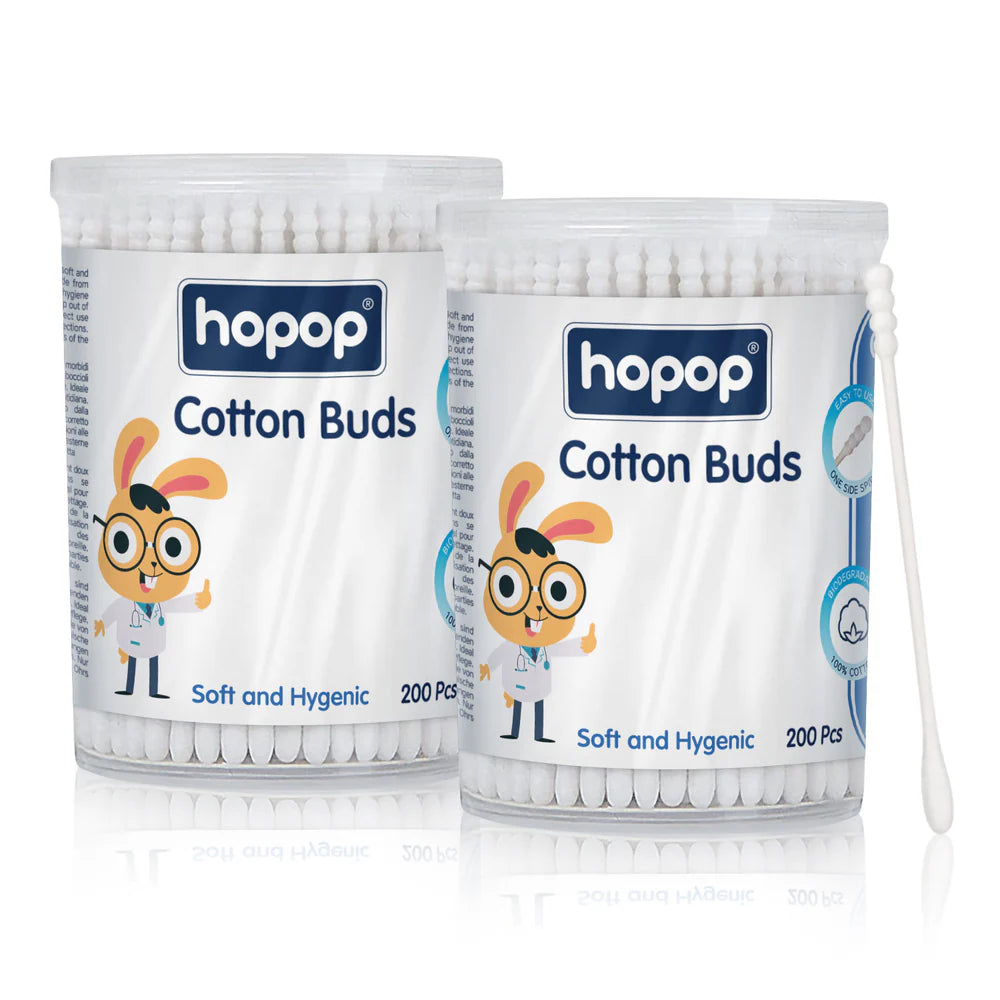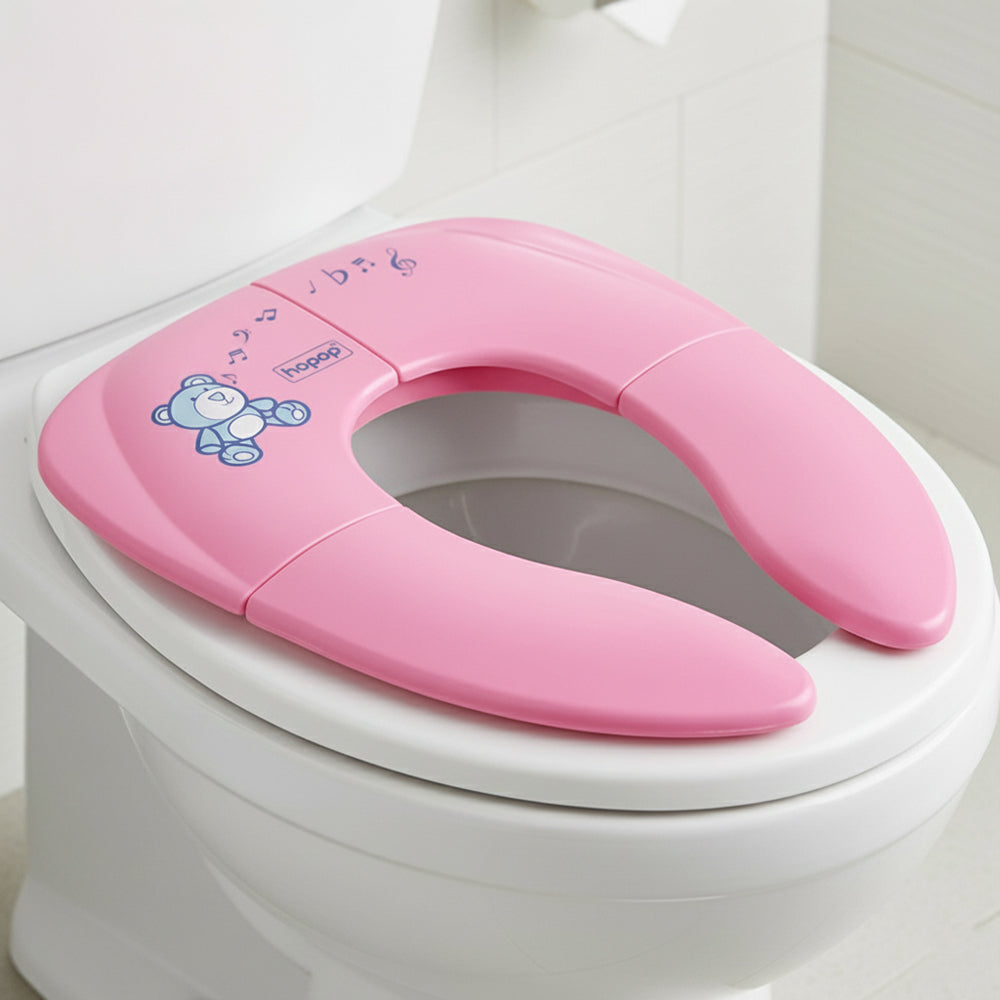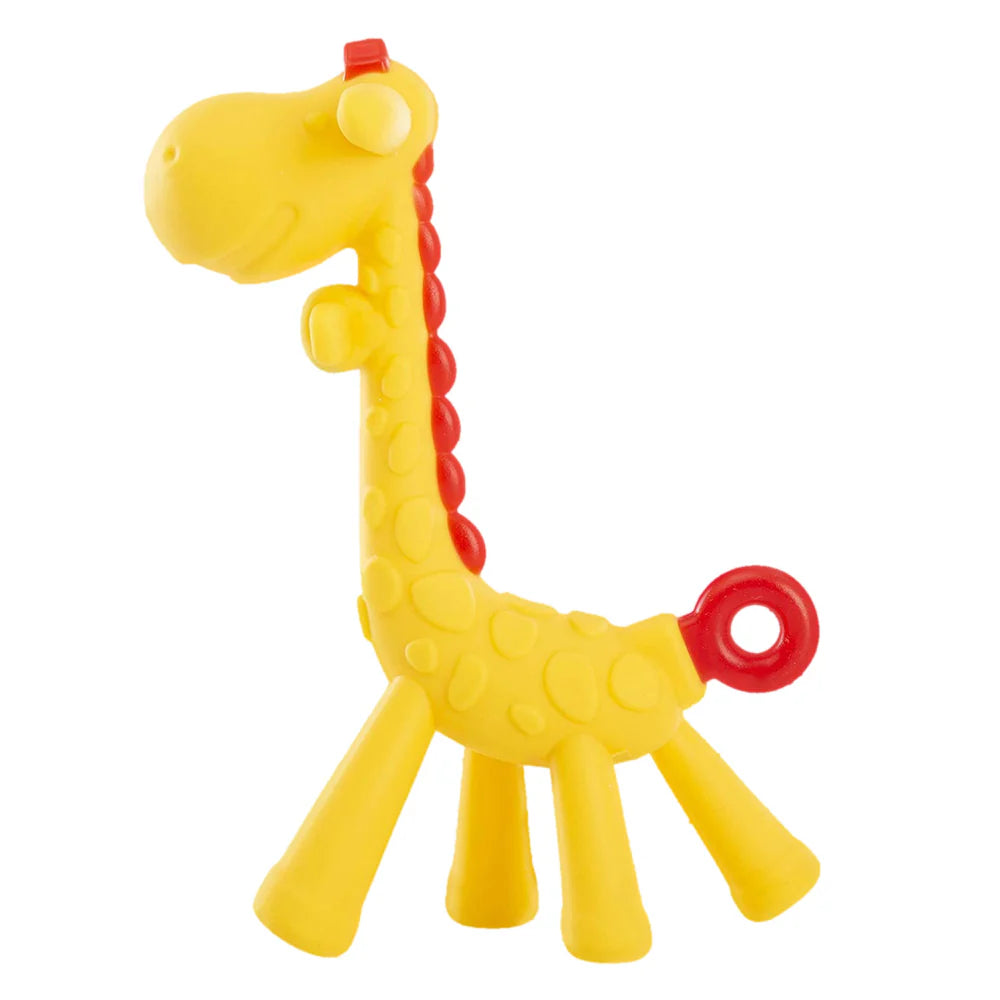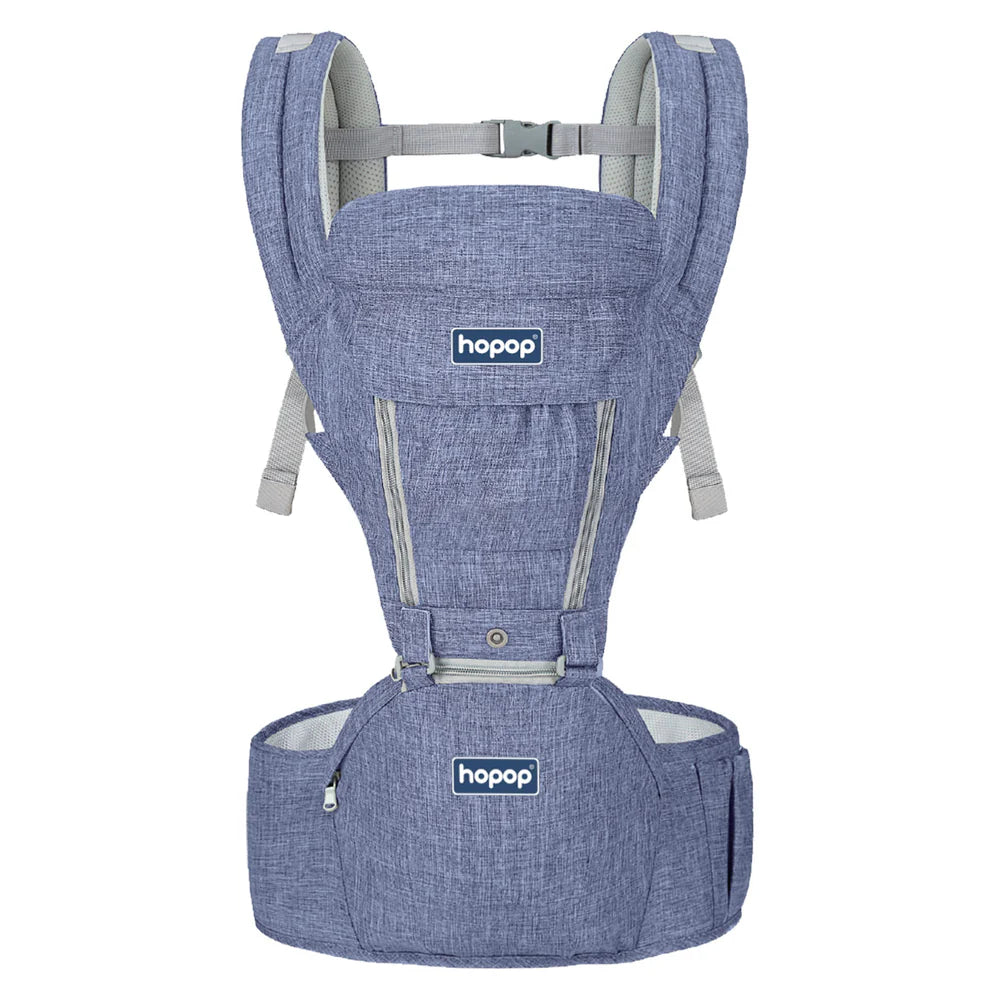How to Prepare a Toddler for Potty Training? A Comprehensive Guide for Indian Parents
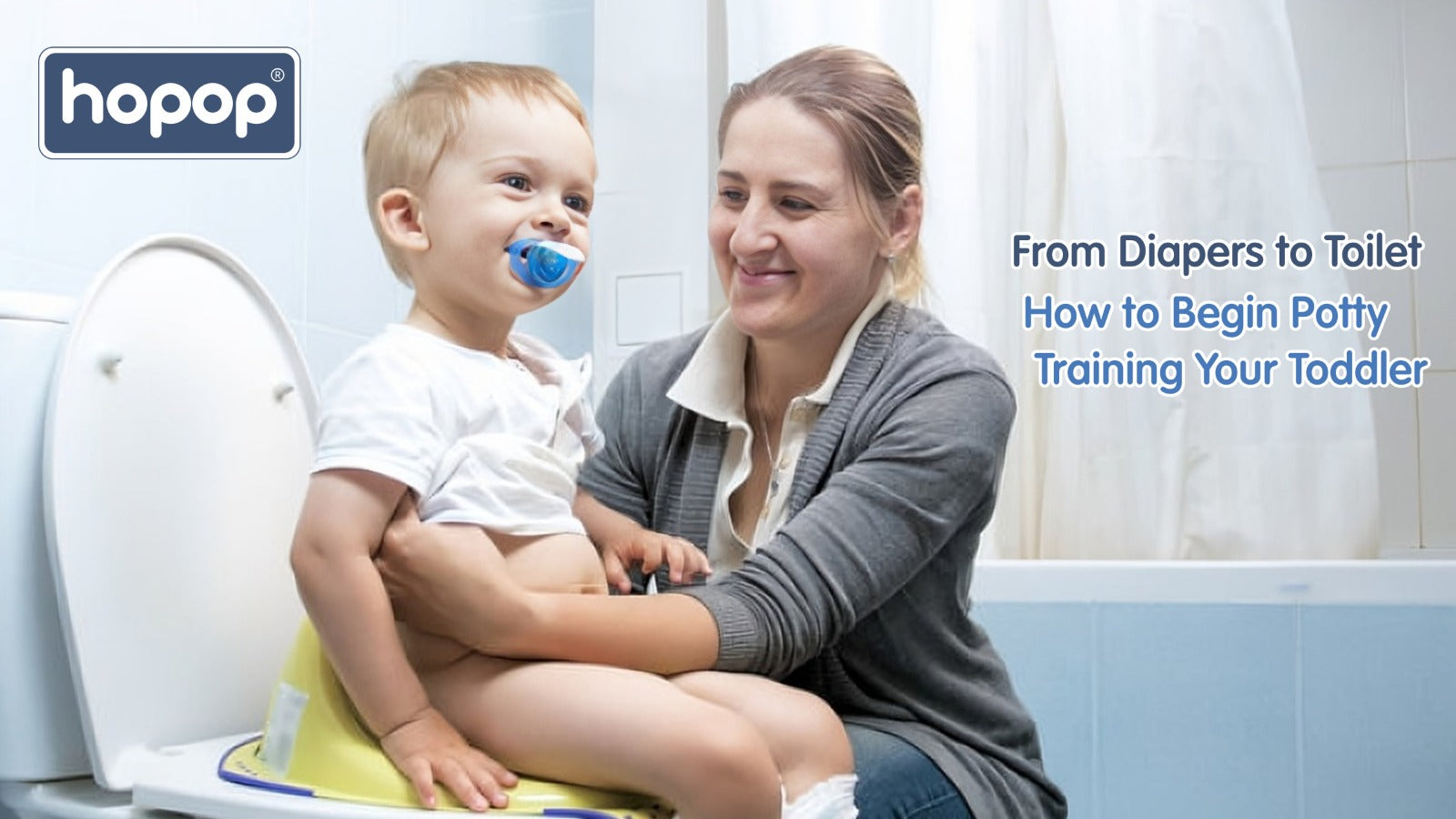
Potty training can be a significant milestone in a child's development, but it can also be a challenging and overwhelming process for parents, especially in the Indian context. As a parent, you want to ensure that your toddler's transition to using the potty is smooth, positive, and tailored to their unique needs. In this comprehensive guide, we'll explore the key steps to prepare your little one for successful potty training.
Signs of Readiness
Potty training is not a one-size-fits-all approach. It's essential to look for signs that your toddler is ready to begin the process. Generally, children are ready for potty training between the ages of 18 and 24 months, but every child develops at their own pace. Look for physical signs, such as staying dry for longer periods, as well as behavioral cues, like an interest in the potty or a desire to wear "big kid" underwear.
Creating a Positive Potty Training Environment
Preparing the right environment can make a significant difference in your child's potty training journey. Start by selecting a comfortable, child-sized potty training seat & toilet seat that your toddler can easily access. Arrange the bathroom area to be inviting, with books, toys, and stickers that can make the experience more enjoyable. Introduce your child to the potty gradually, allowing them to explore and become familiar with it.
Establishing a Potty Training Routine
Consistency is key when it comes to potty training. Develop a routine that works for your family, incorporating regular potty breaks into your daily activities. Encourage your toddler to sit on the potty at consistent times, such as after meals, before bath time, or before bedtime. Celebrate successes, no matter how small, to reinforce positive behavior.
Communication and Language for Potty Training
Effective communication is essential during the potty training process. Teach your child the proper vocabulary for body parts and bodily functions, using simple, age-appropriate language. Encourage open discussions about the potty and encourage your toddler to express their needs and feelings. This will help build their confidence and understanding of the process.
Dealing with Accidents and Setbacks
Accidents and setbacks are a normal part of the potty training journey. When they happen, remain calm and supportive. Clean up without shaming or punishing your child, and adjust your strategies as needed. Remember, every child learns at their own pace, and with patience and understanding, you can help your toddler overcome any challenges.
Cultural Considerations for Indian Parents
In the Indian context, potty training often involves traditional practices and beliefs. Incorporate these cultural elements into your approach, such as using specific terminology or incorporating rituals. Adapt the methods to fit your family's lifestyle and values, ensuring that your toddler feels comfortable and supported throughout the process.
As you embark on this exciting chapter of your child's development, remember to approach potty training with patience, positivity, and a deep understanding of your toddler's unique needs. With the right strategies and a supportive environment, you can help your little one transition to using the potty with confidence and ease. Explore Hopop website for more insights on parental care!
-
Posted in
potty seat

